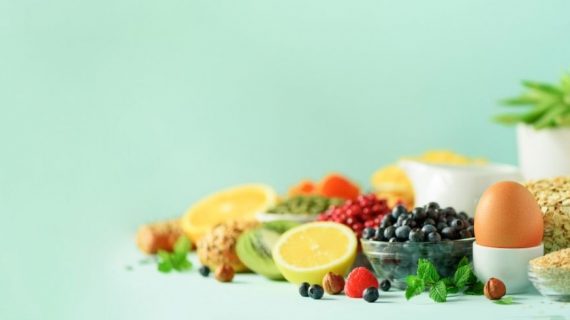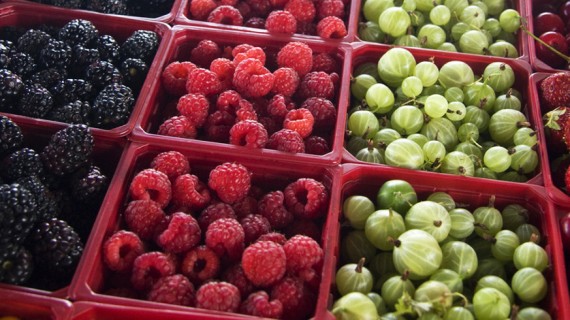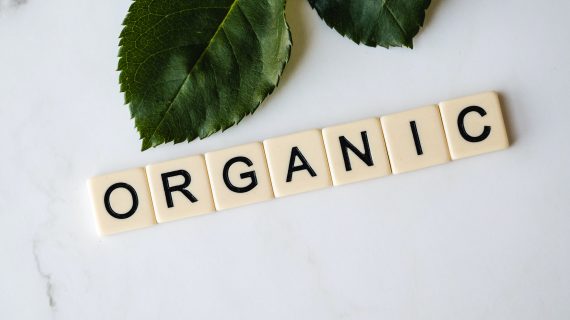If you are a coffee aficionado, you are living at the peak of human history. Imagine, just a few centuries ago, people boiled whole raw coffee beans and drank THAT. And now, you can drink a venti pumpkin latte with a dash of vanilla, made from coconut milk, on every corner of the street. But have you ever wondered where and how coffee grows? Or why is it better to drink organic coffee when compared to the regular one? Or what exactly is in your cup of organic jamoke?
5 benefits of organic coffee
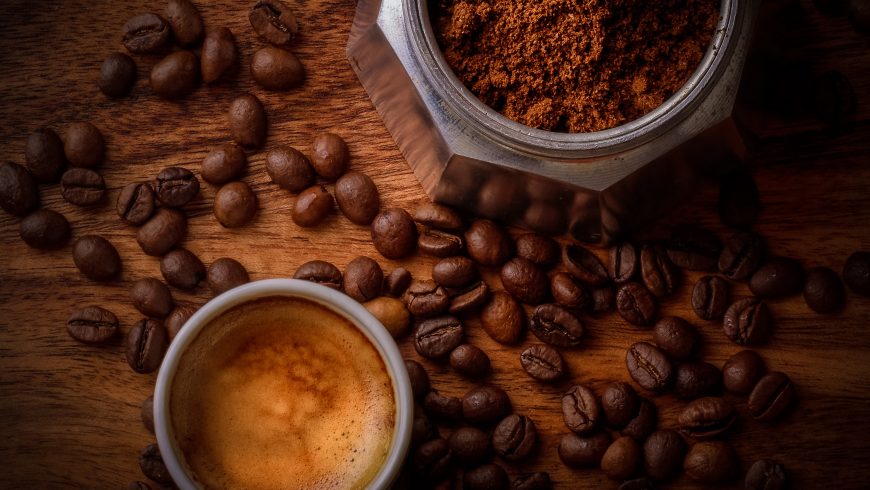
Our friends from USDA have a strict point of view. To them, organic coffee has to be grown without using almost any synthetic fertilizers or pesticides. Few of them are allowed, but only in small quantities.
If your coffee is labeled organic, then it has passed a thorough checking from planting the bean to brewing your cup of joe. Organic coffee is the best of the best.
So, let’s take a look at all the benefits of consuming organic coffee.
Free of pesticides
Organic coffee is grown using traditional methods. So, almost no pesticides are allowed. Most of the industrial coffee types are heavily treated with pesticides because it increases the yield. However, organic coffee is grown with health in mind.
Has more nutrients
Coffee is not exactly a vitamin bomb, to be honest. But, it contains some essential nutrients, like vitamins B1, B2, B3, and B5. And let’s not forget minerals like magnesium and potassium. But the biggest perk of organic coffee, compared to the regular one, is the number of antioxidants. Any plant grown by traditional, natural methods is rich in antioxidants, and coffee is no exception. When your coffee is grown on clean soil, sun and rain, it is as healthy as it can be.
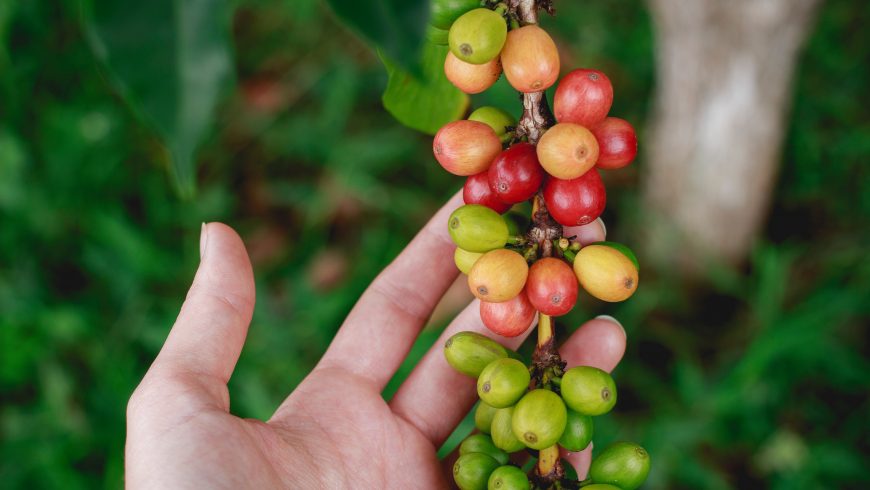
Eco-friendly
Pesticides and synthetic fertilizers don’t just ruin our health. No, sir. They are killing nature. Don’t forget that most of the coffee farms are in undeveloped countries. So, excessive usage of pesticides poisons the soil, and eventually, the sources of drinking water. Not to mention the damage it can cause to the wildlife. But, organic farms are simply part of nature. So, no pesticides, no chemicals, and no harm.
Affordable preservation of nature
Organic coffee is always just a bit more expensive than the regular one. But, it also means you are doing your part in preserving our planet. Moreover, you are helping coffee farmers living a decent life. Growing organic coffee is not easy. It is much easier just to shower the coffee with pesticides. But, paying perhaps a few dollars more for every bag means you helped keep our planet clean, and that’s a small price to pay.
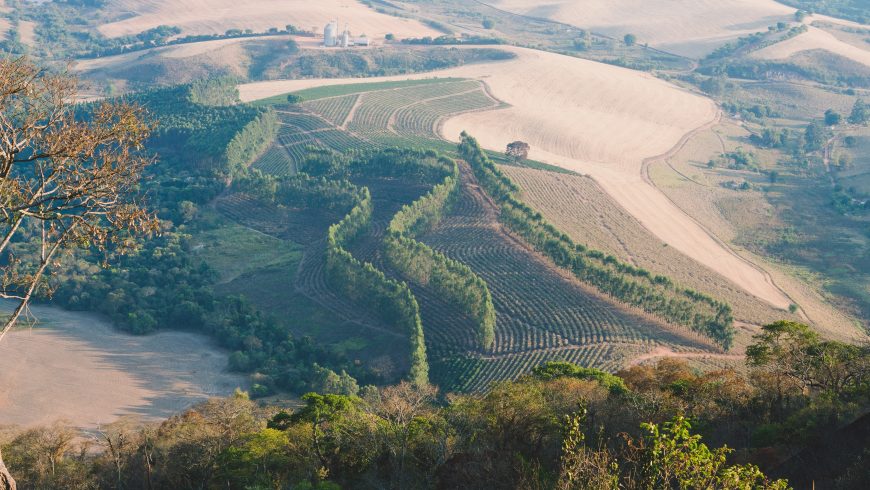
A healthier choice for everyone
The bottom line is this: organic food is healthies. For who, you ask? Everyone who is involved in the coffee cycle. It is healthier for the farmers, as they don’t have to breathe in the chemicals or drink them from the river. Healthier for the roasters, as they don’t get in touch with pesticides while roasting. And in the end, healthier for the end buyer. Drinking organic coffee means you will be consuming the best, 100% natural beans diluted in water. Nothing more.
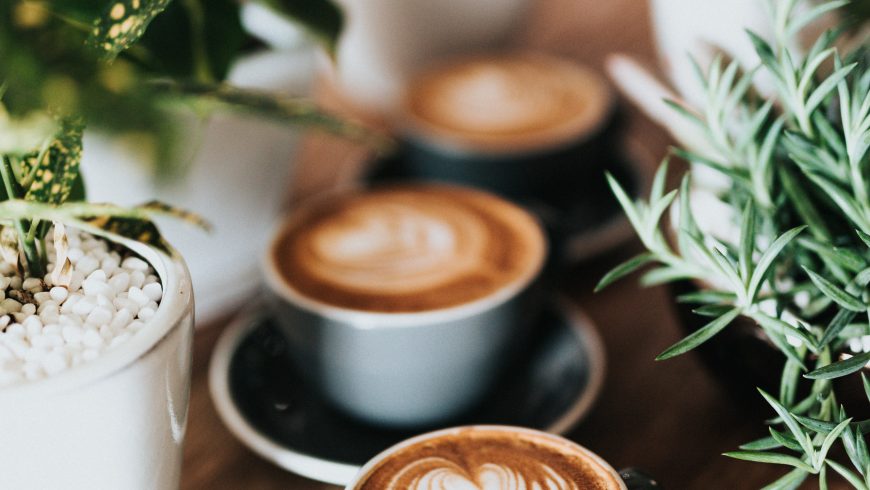
Short conclusion
Although regular coffee has its perks, our money is on organic coffee. And it is not just a fashion statement. Caring for the planet is the responsibility of every person living on Earth. And if that means drinking even tastier coffee, we say it is a win-win situation. If you still haven’t, try a cup of organic coffee. You will be surprised how good does it taste.
Cover image: Photo by Gian Cescon on Unsplash

